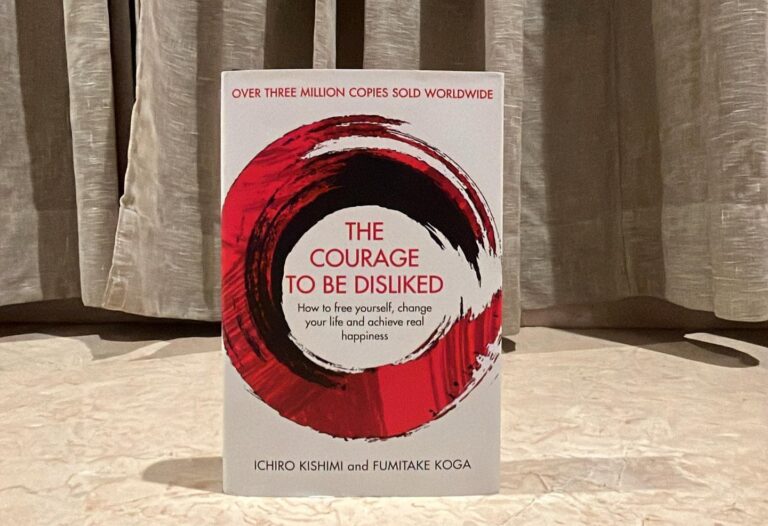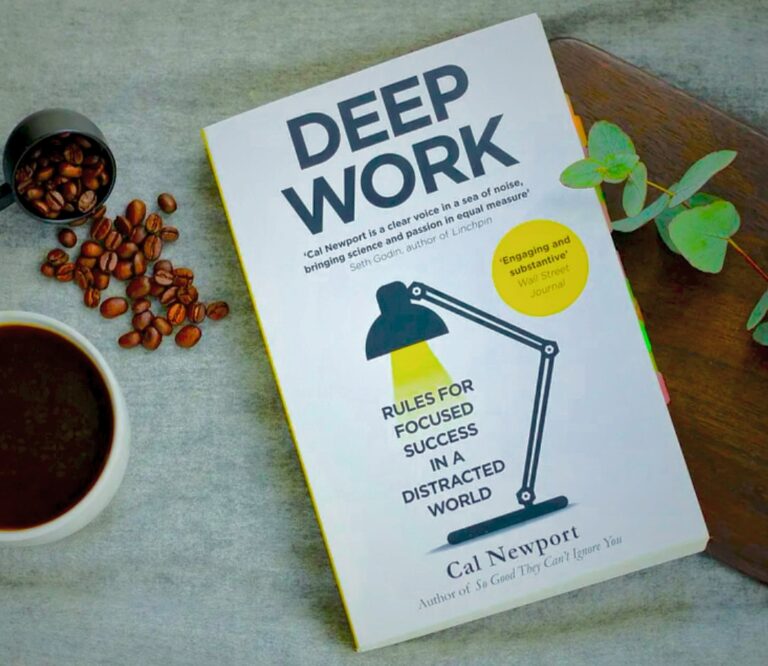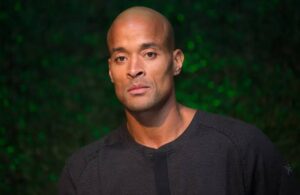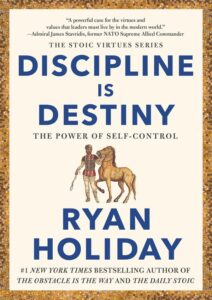Some books are easy to finish. They’re structured like lectures or lists. They give you what you expect: steps, goals, resolutions. The Mountain Is You isn’t that kind of book. It doesn’t try to teach. It tries to reach.
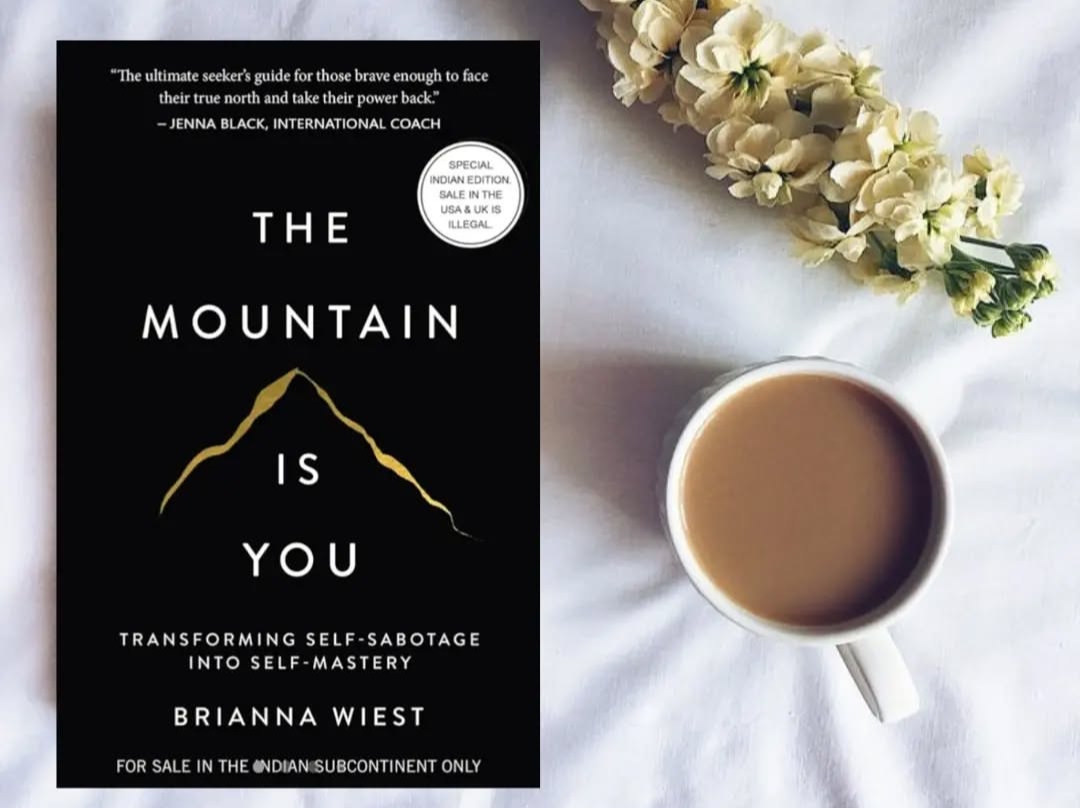
Brianna Wiest doesn’t write from a place of instruction, but excavation. This book doesn’t tell you how to heal. It dares you to ask why you haven’t.
Table of Contents
The premise is simple: You are your own Mountain. The very thing you keep trying to overcome — your procrastination, your self-doubt, your endless hesitation — is not outside of you. It’s inside. Built slowly from years of avoiding pain, from choices made out of fear instead of clarity.
This is not a motivational book. It’s a mirror.
When Self-Sabotage Isn’t What You Think
Most people misunderstand self-sabotage. They call it laziness or a lack of discipline. They think it’s a personality flaw. But Wiest reframes it entirely.
Self-sabotage, she says, is a form of self-protection. It’s what happens when your nervous system still believes that change — even good change — is dangerous. You say you want love, but you keep choosing distance. You dream of success, but you avoid responsibility. You want peace, but cling to chaos because it’s familiar.
This isn’t irrational. It’s emotional memory.
You don’t sabotage yourself because you hate yourself. You do it because some part of you still thinks that playing small is the safest way to survive.
The Mountain Isn’t Blocking You — It Is You
The metaphor in the title isn’t subtle — and it’s not meant to be.
You are the mountain. Not in some poetic, abstract sense, but in the most literal emotional way. The weight you feel pressing against you is built from within: defense mechanisms that used to protect you but now keep you stuck. The perfectionism that masks shame. The busyness that numbs loneliness. The control that disguises fear.
Wiest makes one thing painfully clear: what we call resistance is often unhealed pain in disguise. It doesn’t mean you’re broken. It means you’ve been coping.
But coping eventually becomes confinement. The same habits that once kept you safe now prevent you from growing.
Growth Begins Where Familiarity Ends
If you’ve ever found yourself back at square one, repeating the same cycle in a different outfit — a new job that feels like the last one, a new relationship with the same old wounds — this book speaks directly to that pattern.
Wiest argues that we unconsciously return to the emotional environments we’re used to. Not because they’re good, but because they’re known.
To grow, you have to leave the familiar. Not just physically, but emotionally. That means grieving. Letting go of the identity that formed around survival. Letting parts of yourself die — the people-pleaser, the avoider, the overachiever.
You can’t heal and stay who you were.
Emotional Intelligence Over Optimization
The self-help world often worships systems. Morning routines. Time-blocking. Hustle culture. But The Mountain Is You doesn’t chase that.
Wiest writes from the inside out. She’s less concerned with what you do and more focused on how you feel — and why you feel it. The deeper work isn’t in your schedule. It’s in your emotional wiring.
You don’t need more strategies. You need to learn the language of your emotional body. What do you fear losing? Where are you still performing for approval? What memory keeps showing up in your reactions?
These are the questions that change lives. Not overnight. But deeply.
What Rebuilding Self-Trust Really Looks Like
One of the most profound ideas in this book is that self-trust is not a feeling — it’s a relationship. And like any relationship, it’s rebuilt through small, consistent actions.
You stop betraying yourself in the small things: saying yes when you mean no, abandoning projects at the first sign of difficulty, hiding your truth because it’s inconvenient.
You keep your promises. Even when no one is watching.
And slowly, the shame softens. The noise in your head quiets. You become someone you can rely on again.
That’s what healing actually looks like. Not grand gestures. Just choosing yourself in the moments where you used to disappear.
Why This Book Hits Different
In a culture that pushes instant transformation, this book whispers a slower truth: real change is quiet. It’s unglamorous. It happens on random Tuesdays when you finally make the different choice. When you pause instead of react. When you let go without forcing an explanation.
Wiest doesn’t offer steps. She offers space.
The Mountain Is You doesn’t talk at you. It walks beside you. It gives shape to things you’ve felt but couldn’t name. It validates the loneliness of healing. The grief in letting go of identities that once saved you. The fear of becoming someone you haven’t yet met.
Who This Book Speaks To
This isn’t a book for someone looking for motivation. It’s for someone who’s already cracked open. Someone who’s tired of looping. Someone who’s been doing “the work” but still feels stuck.
It speaks to the ones who know they’re ready — but keep hesitating at the edge.
If you’ve been carrying the same story, living the same fear, asking the same questions — this book meets you in that space. And gently, it dares you to do the harder thing: look inward.
Final Thoughts: The Climb Isn’t About Conquering
There’s no climax in this book. No final chapter where everything is resolved. Because that’s not how healing works.
The mountain isn’t something to conquer. It’s something to understand. Every fear you avoid, every emotion you suppress, every truth you silence — that’s the mountain. And Wiest wants you to know: you are strong enough to climb it.
Not in a dramatic, Instagram-quote way. But in the quiet, daily work of showing up for yourself when it would be easier to fall back asleep.
You don’t become your best self by becoming someone else.
You become your best self by finally becoming who you were before the fear.
Suggested Reading for Inner Work
- This Is How You Heal – Brianna Wiest
- When the Body Says No – Dr. Gabor Maté
- The Untethered Soul – Michael A. Singer
- The Gifts of Imperfection – Brené Brown
- Radical Acceptance – Tara Brach
Thanks for Reading
For more book breakdowns, simple ideas, and deep reads, check out thebooksx.com. No fluff. Just real thoughts for real readers.
Until next time—stay focused.

